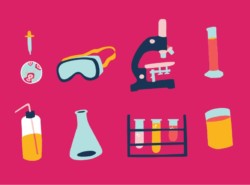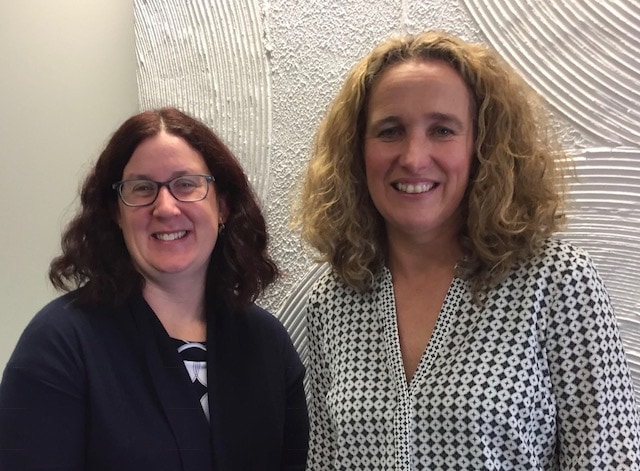
Improving support for those returning to work following breast cancer
Published: 10/7/19 11:23 PM

Georgia Halkett
Going back to work after having time off for health-related reasons is beneficial for the individual, their employer and society. More research is needed to develop programs that help those who have experienced breast cancer to continue, or return, to work. A holistic, tailored program that addresses work needs, as well as emotional and physical wellbeing, is more likely to increase quality of life for those who have been directly affected by breast cancer.
The challenge is to work with individuals and employers to better support and overcome any barriers to continuing in and returning to ‘good’ work and improving quality of life following a breast cancer diagnosis. ‘Good’ work balances what individuals, employers and society need, and is supportive and fair for employees by considering individual circumstances.
This study conducted by NBCF-funded researcher Associate Professor Georgia Halkett of Curtin University in collaboration with Dr Dianne Sheppard of Monash University, A/Prof Moira O’Connor, A/Prof Prue Cormie of Australian Catholic University and IPAR Rehabilitation, brings together a unique mix of experience and expertise. The team aims to develop, implement and evaluate a new holistic program to support people directly affected by breast cancer who are looking to sustain or return to work following initial treatment. The intervention provides a comprehensive assessment of potential barriers to work, such a fatigue and pain, commitment to ongoing treatment schedules, difficulties communicating with managers and/or changed relationships with colleagues. This is followed by individually-tailored support for those who are identified as requiring such support.
Tailored services include individualised planning and monitoring, as well as health coaching designed to give those who have experienced breast cancer the skills and confidence to better manage their move back to health and the workplace. It also encourages women to seek advice and support from relevant treatment providers about work and health issues when required.
This landmark study will provide the basis for a national roll-out of the holistic return to work support program, helping to improve the quality of life of those who have been directly affected by breast cancer.
